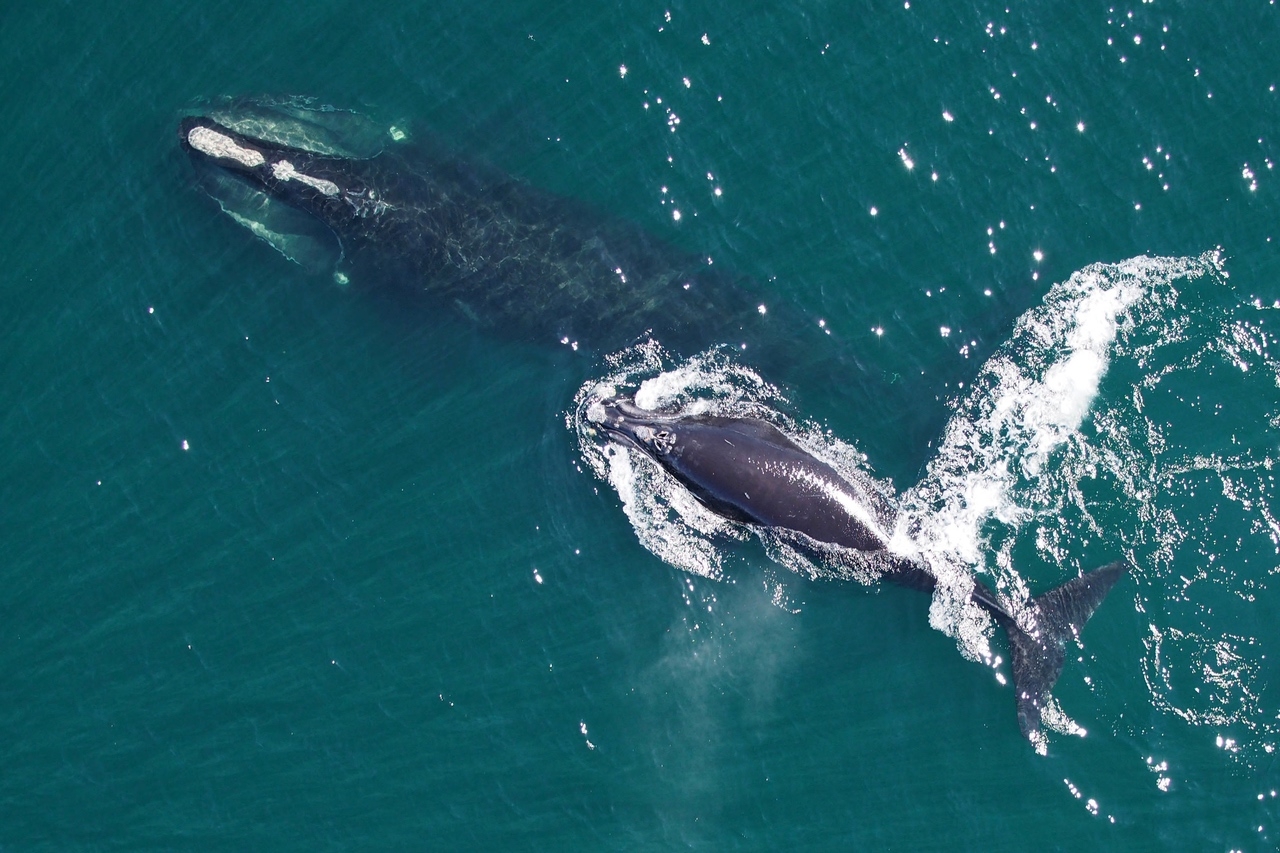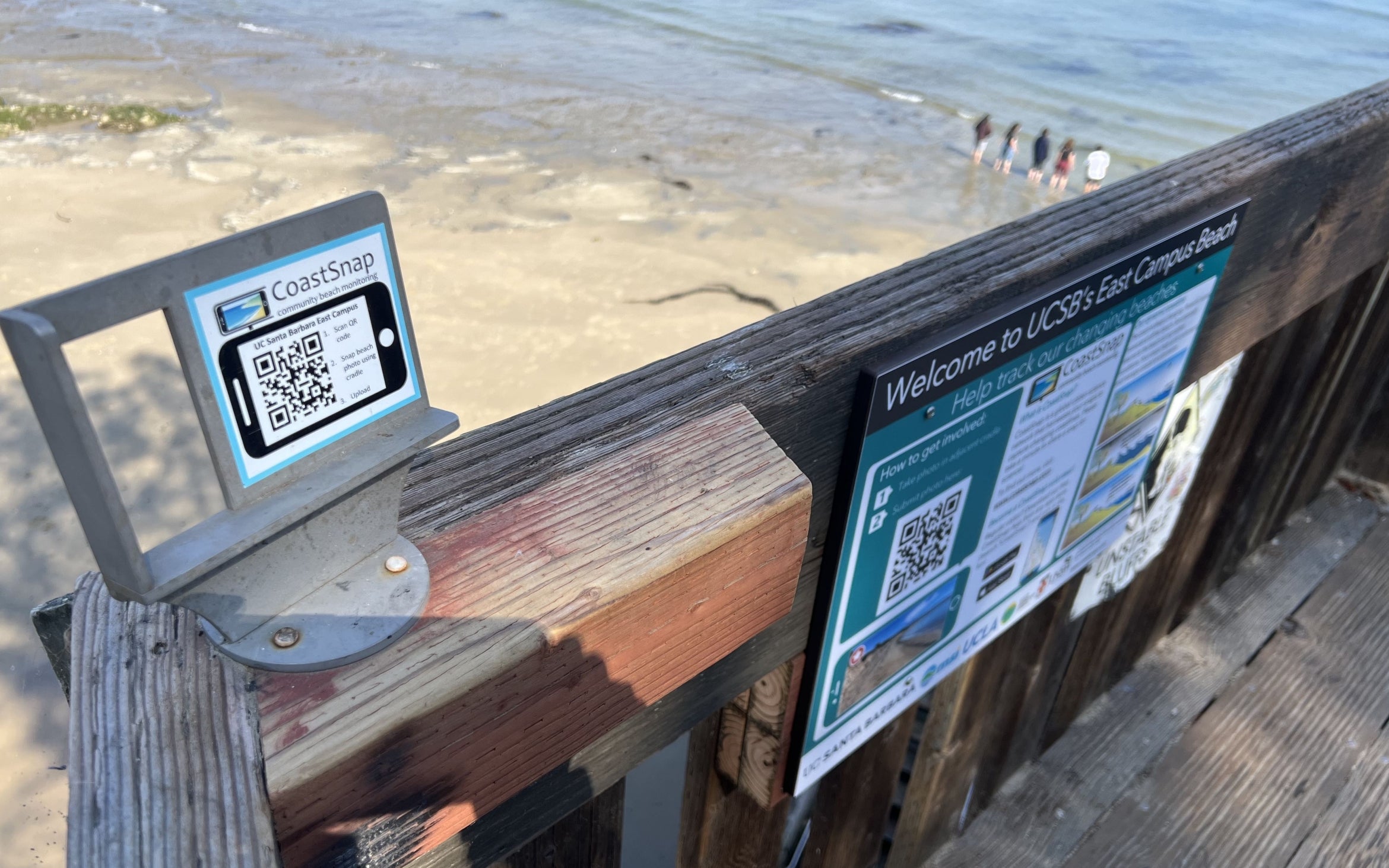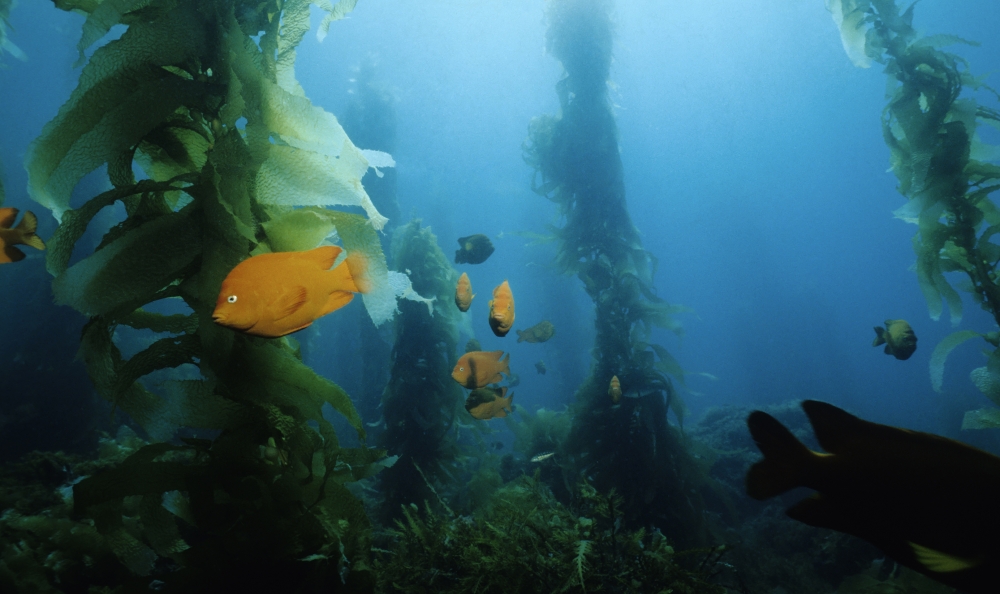
A Major Addition
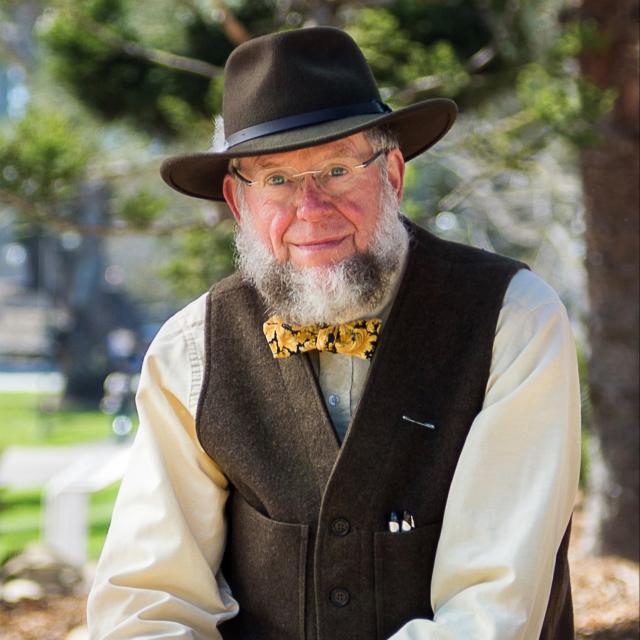
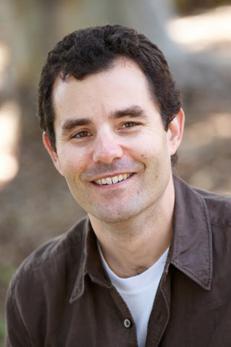
Undergraduates in UC Santa Barbara’s College of Creative Studies (CCS) will soon have a new opportunity to dive into the field of ocean science. CCS is adding a marine science major to the eight programs it currently offers, with a tentative launch date of fall 2020.
“When you look at the location of our campus, and the expertise of our faculty and our graduate students, it just makes sense that UC Santa Barbara should have a top undergraduate marine science program,” said Professor David Valentine, of the campus’s Marine Science Institute, who has spearheaded the initiative.
CCS’s programs feature accelerated introductory courses and place a focus on generating new knowledge in the form of research, scholarship, music composition, literature and artwork. Additionally, CCS students are guided by a faculty advisor throughout their undergraduate career, and often acquire another, de facto advisor once they join a lab, group or studio.
These hallmarks of CCS, along with an interdisciplinary focus, will distinguish its marine science major from similar majors offered by the College of Letters and Science. What’s more, the program will enable students to explore the breadth of marine science while encouraging them to develop expertise in one of the field’s many subdisciplines, such as marine geology, ocean chemistry, marine biology or physical oceanography.
“This campus has tremendous breadth and expertise in marine science,” said Valentine, “including the Marine Science Institute, dozens of marine faculty across numerous departments and a highly successful marine science graduate program. One of our goals in developing the undergraduate major is to provide motivated undergraduate students access to this expertise, while also providing the campus a pool of motivated undergraduate researchers.”
With existing programs in art, biology, chemistry & biochemistry, computing, math, music composition, physics and writing & literature, the College of Creative Studies bills itself as a graduate school for undergraduates. “Each of the majors seeks to attract students who arrive at campus with a clear focus and drive to pursue the subject material,” explained Bruce Tiffney, the college’s interim dean and a professor of earth science.
A research requirement will drive the new program’s depth component in one sense, said Tiffney, because a student will need a series of specialized courses to reach the boundaries of knowledge and then push them forward into new territory. Also, because the major will culminate in a bachelor of arts degree — rather than a bachelor of science — the faculty will have more freedom to tailor the major to the interests of each student, particularly in the junior and senior years, he added.
The new major will include around 50 students at any given time, similar to the size of the college’s other programs. In addition to the planned new hires, Valentine and Tiffney said they expect to bring in several faculty members from departments across campus who are not yet affiliated with CCS.
“The faculty in CCS absolutely see the students that we’re recruiting into our majors as junior colleagues,” said Tiffney. “They don’t know as much as we do at the present time, but if we have done our job properly, they are smarter than we are and will take their newfound knowledge and move the field forward.”


